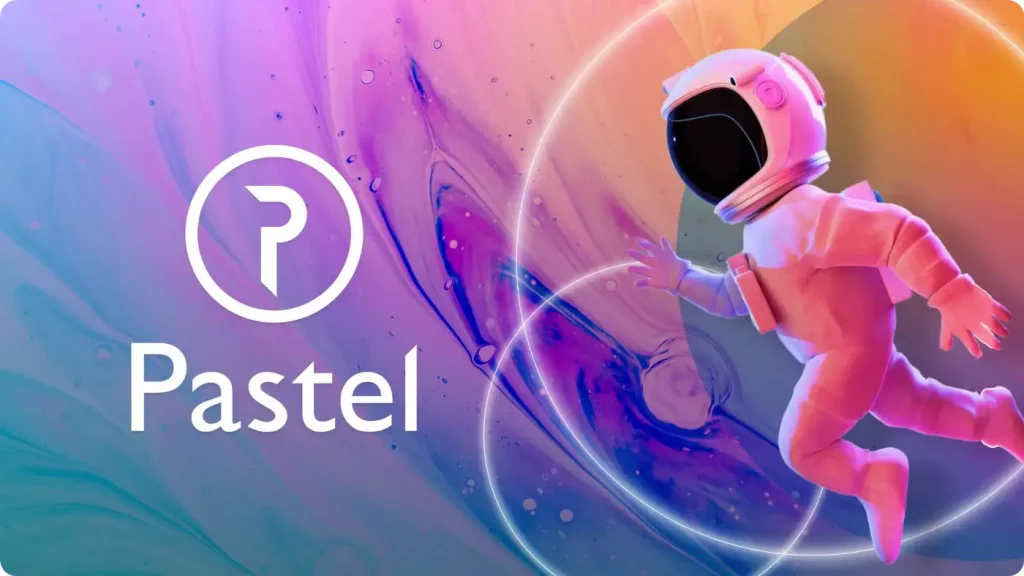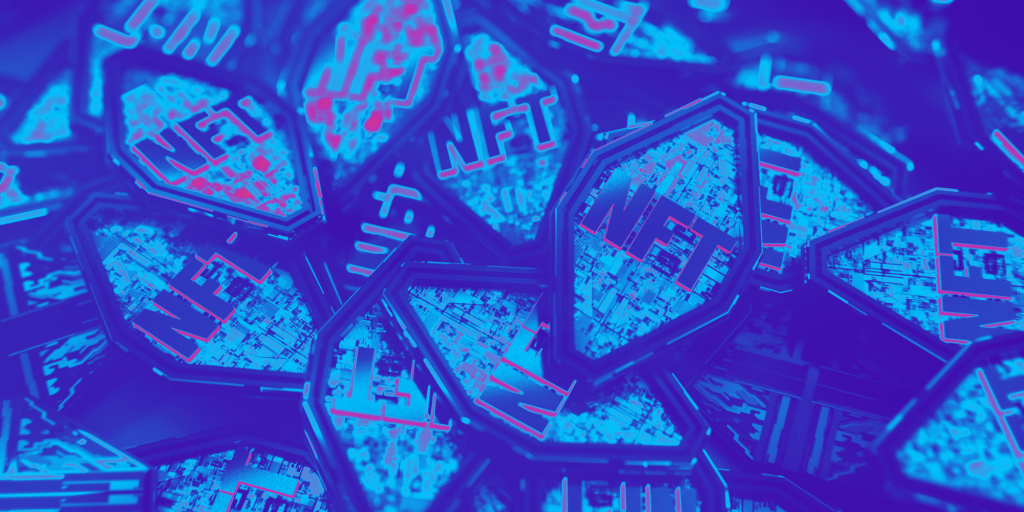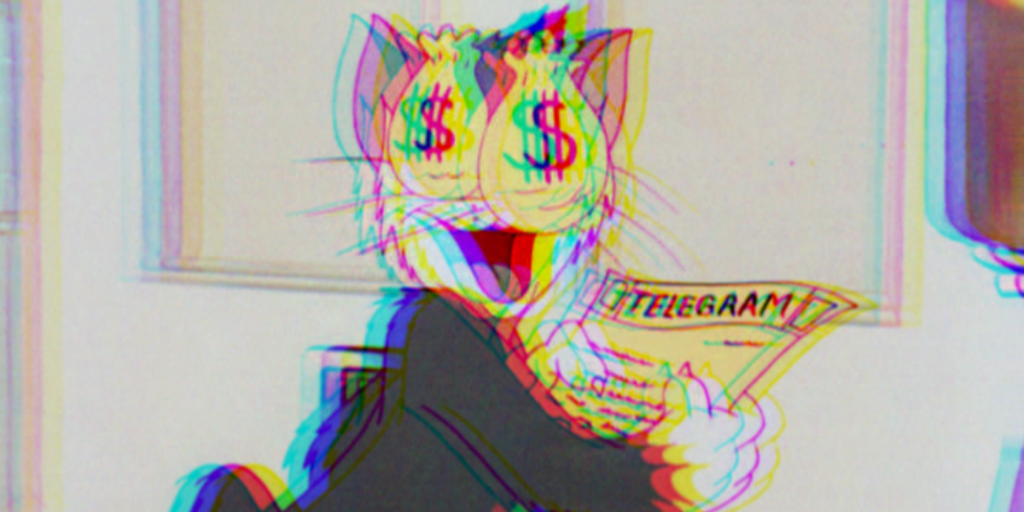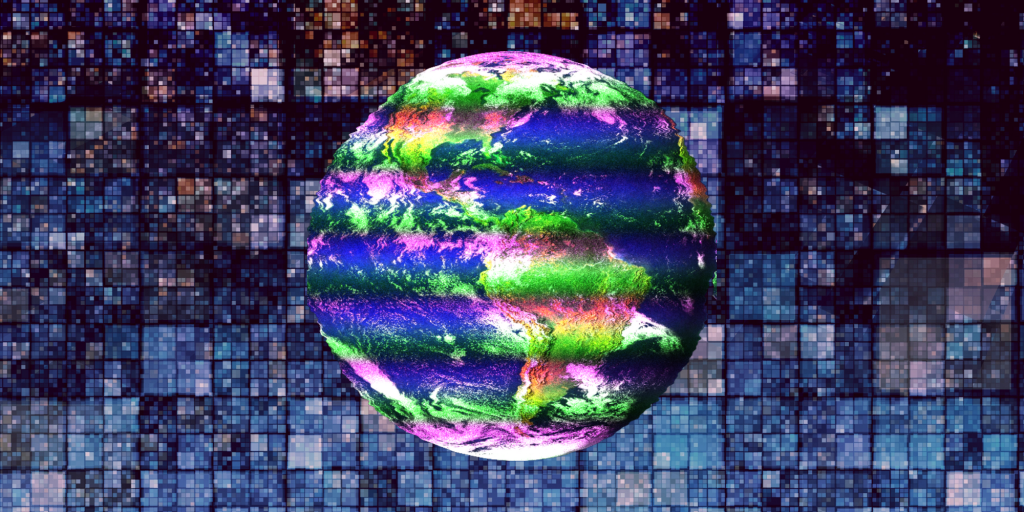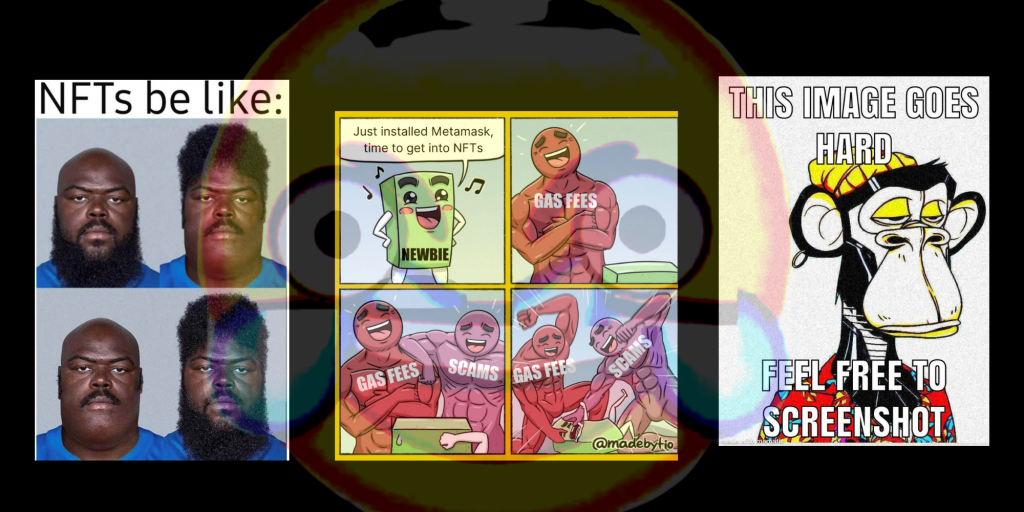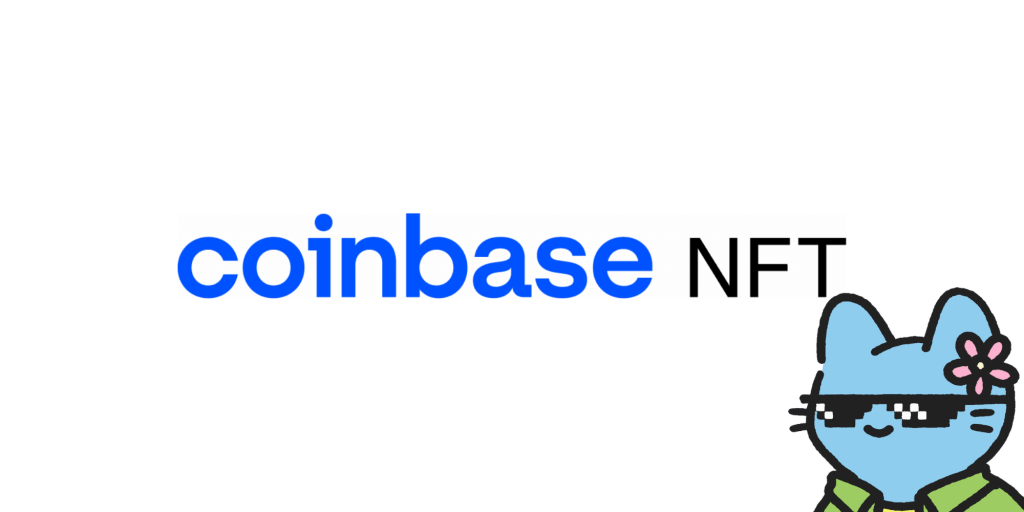NFT art is soaring in popularity due to the blockchain’s ability to offer a multitude of features that appeal to both creators and collectors.
Artists continue earning royalties for the same artwork from the sales in the secondary market, which isn’t possible in the traditional art scene.
Collectors enjoy advantages that weren’t possible before blockchain technology, such as an undisputable artwork’s transaction history and provenance, scarcity, and liquidity.
However, the NFT ownership concept is more complicated than meets the eye, and it often trips up many.
But what do I actually own?
What if someone just screenshots your art?
Can I sue someone if they print my NFT on a shirt?
The answer to all of these questions is a nebulous “it depends.â€
When someone buys an art NFT, they don’t purchase the artwork itself but the token that represents it.
Owning the token isn’t necessarily the same thing as owning the copyrights of the underlying asset, unless it was specified in the underlying contract.
The following guide explores what NFT copyright is, and what both creators and collectors should know about their NFTs.
Copyrights and intellectual property rights
Copyright is a bundle of rights that specify what’s ok and what isn’t, regarding things like reproducing and distributing copies of the work, preparing derivatives based on the original work, displaying the work in public, and performing the work publicly, as regulated by 17 U.S. Code § 106.
Purchasing an NFT doesn’t transfer these rights to the buyer automatically. Unless an external agreement (17 U.S. Code § 204) is made between the artist and the purchaser, the artist who created the original artwork remains the copyright holder.
The artist can transfer the copyright, grant a license for specific purposes, or limit the NFT’s use in some way. Agreements used for transferring rights must be coded in the smart contracts or expressed in written terms elsewhere.
Intellectual property (IP) is a broader concept that can refer to any product of the human intellect that the law protects from unauthorized use by others. Patents, copyrights, trademarks, and trade secrets all fall into the realm of IP.
Again, the only way an NFT buyer can retain IP rights is through an explicit agreement signed by the creator of the original artwork.
Standard license agreements for NFT ownership confer the rights to use, copy, display, resale, and gift NFTs. Granting a license of copyright and IP to the buyer through smart contracts or external agreements is also common. Some NFT projects permit commercial use, like CryptoKitties.
CryptoKitty owners can use them to commercialize their own merchandise, given that they don’t earn more than $100K per year. Another well-known NFT project, Bored Ape Yacht Club, has generous IP terms similar to CryptoKitties. For example, owners are allowed to create characters around their apes or print them on their personal belongings.
Got my guy @TyHaliburton22 right for tonight’s game with these @BoredApeYC Kobe AD’s. Where you at @joshhart ? ? pic.twitter.com/PDXqSQG6Q6
— Andrew Lewis (@andr3wtl) November 4, 2021
Copyright Terms of NFT Marketplaces
Although there’ll always be exceptions, we can say that in open marketplaces like Opensea and Rarible, artists license the NFTs to the buyer and not to the marketplace.
In marketplaces where only exclusive NFT collections are sold, the marketplace usually owns the NFTs and the related IP rights, like in the case of NBA Top Shot.
Curated marketplaces like Superrare, MakersPlace, and Nifty Gateway, artists are expected to grant licenses for display, distribution, and derivative rights, for promotional activities. Some marketplaces require artists not to mint multiple NFTs for the same artwork.
On Rarible and MakersPlace, artists can apply a custom license to their NFTs, in addition to platforms’ own standard agreements.
When an NFT is resold, the general practice is that any resale activity terminates the former owner’s rights and the current owner of that NFT becomes the new license holder.
NFT Copyright: What You Should Know as a Collector
As a rule of thumb, NFT owners generally only have the copyrights to resale and gift their NFTs. Please don’t assume you can create derivatives of the underlying artworks and sell them for commercial purposes by default.
Some projects may be cool with it, others may not.
Some projects may give holders every possible right under the sun with their NFT, whereas others insist on keeping the project’s branding, and every NFT, held close.
Always research the related platform’s license terms and conditions yourself if your intentions are beyond reselling the artwork in the secondary market. Otherwise, copyright infringement issues may arise.
It would help if you also bought only on platforms you trust. Always double-check if the artist verifies the related artwork as theirs. In May 2021, artist Xcopy, a famous figure in the crypto art community, tweeted about a fraud regarding his art on a new platform called Hen.
I’m not minting on hen anytime soon. Don’t get pekt
— XCOPY ? (@XCOPYART) May 24, 2021
This isn’t a rare event in the NFT world; always check if you’re buying an original work of art.
NFT Copyright: What you Should Know as an Artist
Artists should only mint their own creations. If the work is done in collaboration with others, their authorization is necessary.
It seems obvious, but in the Wild West vibe of early NFT marketplaces, it seems that you can get away with minting shoddy reproductions of other works.
Remember how the blockchain tracks every transaction ever? While NFT copyright law is in its wobbly baby deer leg phases now, it’s not difficult to algorithmically track financial and copyright crimes.
In the NFT world, many frauds take place. If you happen to discover your art is being sold as an NFT by someone else without your consent, you can claim copyright infringement against the sellers.
As stated above, unless you transfer the copyrights to buyers with an external agreement, you hold the copyrights of your work. However, if you did the NFT artwork initially under an employment contract, it might be regarded as work for hire, according to 17 U.S. Code § 101. In this case, the employer might hold the copyrights.
As a precaution against people with bad intentions, you can release your artwork as an NFT before sharing it with someone else.
Finally, like collectors, artists should also be wary of the platform they sell their art and terms and conditions regarding copyrights.
Final Thoughts: Expect NFT Copyright Law to Evolve
Both collectors and artists should be aware that NFT technology is very new and many issues regarding IP rights are not completely clear.
Understanding the underlying technology is necessary for both parties, along with the legal aspects. In case of conflicts, consulting lawyers for legal advice is inevitable.
